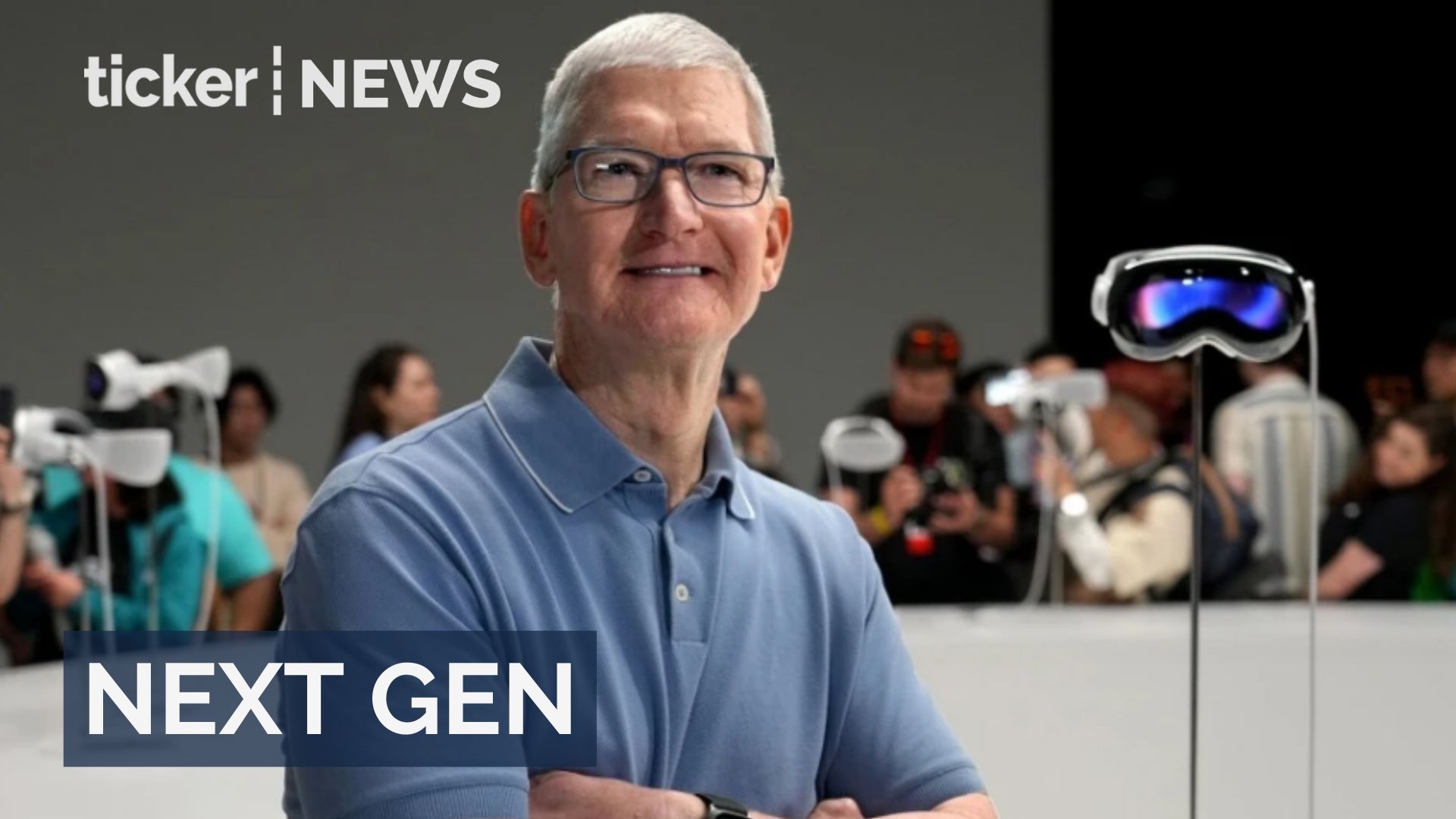Tech
It’s payday as PayPal joins forces with Japanese BNPL platform Paidy

Tech
OpenAI moves to replace software giants with AI products
OpenAI targets $280 billion revenue by 2030, prompting market fears despite some executives’ confidence in traditional software.
Tech
Anthropic CEO holds key Pentagon talks on AI ethics and military use
Anthropic CEO to meet Defense Secretary Hegseth on ethical AI deployment and DOD contract discussions.
Tech
Apple’s next AI wearables could change how we use tech
Apple is launching smart glasses, an AI pendant, and camera-equipped AirPods with upgraded Siri by 2027.
-



 News3 days ago
News3 days agoIran signals nuclear concessions as U.S. talks intensify
-



 Tech3 days ago
Tech3 days agoApple’s next AI wearables could change how we use tech
-



 Money3 days ago
Money3 days agoU.S. investors flee stock market for global opportunities
-



 News5 days ago
News5 days agoUK police seek former aides’ insights on Prince Andrew
-



 Tech2 days ago
Tech2 days agoAnthropic CEO holds key Pentagon talks on AI ethics and military use
-



 Money2 days ago
Money2 days agoStocks tumble amid AI concerns and Trump tariff update
-



 Ticker Views2 days ago
Ticker Views2 days agoHow Andrew Mountbatten-Windsor could be removed from the line of succession
-



 Tech14 hours ago
Tech14 hours agoOpenAI moves to replace software giants with AI products







